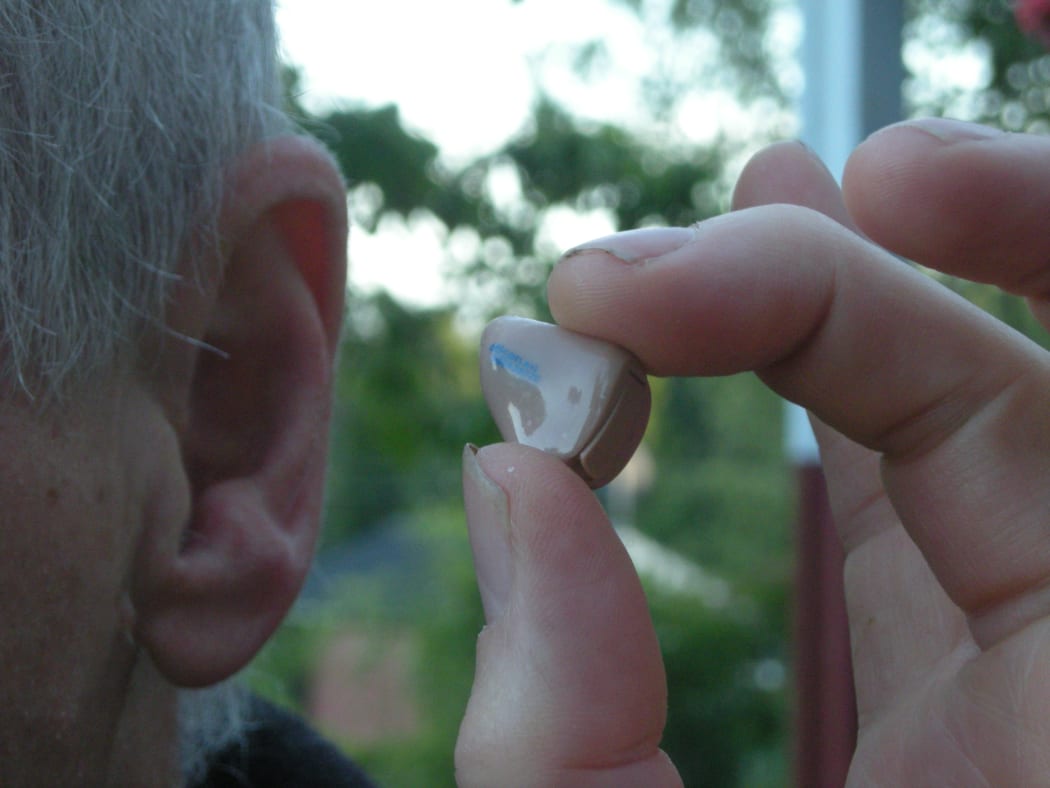Untreated hearing loss is understood to speed up the decline in our ability to process and understand information as we age.

Photo: Wiki Commons
But exactly how that works – and whether certain hearing aids are better at slowing or halting the decline than others – is still not known.
Researchers at Auckland and Canterbury universities are carrying out a three year trial comparing two types of hearing aid.
Grant Searchfield, associate professor at the University of Auckland’s hearing and tinnitus clinic, says it appears there’s a link between hearing loss and a change in our ability to think and process information.
Other theories are that the hearing loss and cognitive decline simply happen at the same time or that losing hearing affects social interaction, a known contributor to healthy aging. “If we have good hearing, or our hearing is assisted, then we are more likely to engage socially.”
But he says it’s known that when there is hearing loss “there are changes in the brain.”
It may be that the impairment is filtering out is background sound we’re not actively listening to but that is, all the same, engaging our brains, he says.
One of our survival skills is that our auditory system is continuously monitoring the environment. “It’s active when we’re asleep – our vision isn’t.”
This constant searching out of information, and the attention needed to pick up sounds that are important to us, involves a widespread network in the brain. “Our auditory world shrinks if we have a hearing loss.”
The study, funded by the Health Research Council, will compare standard hearing aid settings with those set to a simplified, slower processing. The latter “cleans up the signal” and is likely, Searchfield thinks, to be easier for people with cognitive decline to use.
It’s a case of less is more, he says.
“What we’re anticipating … is that those individuals who have had hearing aids fitted in this particular manner will show less cognitive decline, or greater stability in their cognitive performance, over that 12 months.”
One of the funding conditions is that the study’s findings have to be put into effect within five years. Researchers will be making information available to audiologists out in the community.
Researchers are looking for 200 participants aged over 65. To find out more about the study contact:
Auckland: Grant Searchfield g.searchfield@auckland.ac.nz or Christine Fok c.fok@auckland.ac.nz / 09 923 1354
Christchurch: Megan McAuliffe megan.mcauliffe@canterbury.ac.nz or Eric Williams eric.williams@pg.canterbury.ac.nz
'People with hearing aids - that wasn't me'
Cartoonist and illustrator Toby Morris resisted getting hearing aids in his 30s, partly out of pride, and thinks he missed out on a lot while he was just bluffing along. Audio


